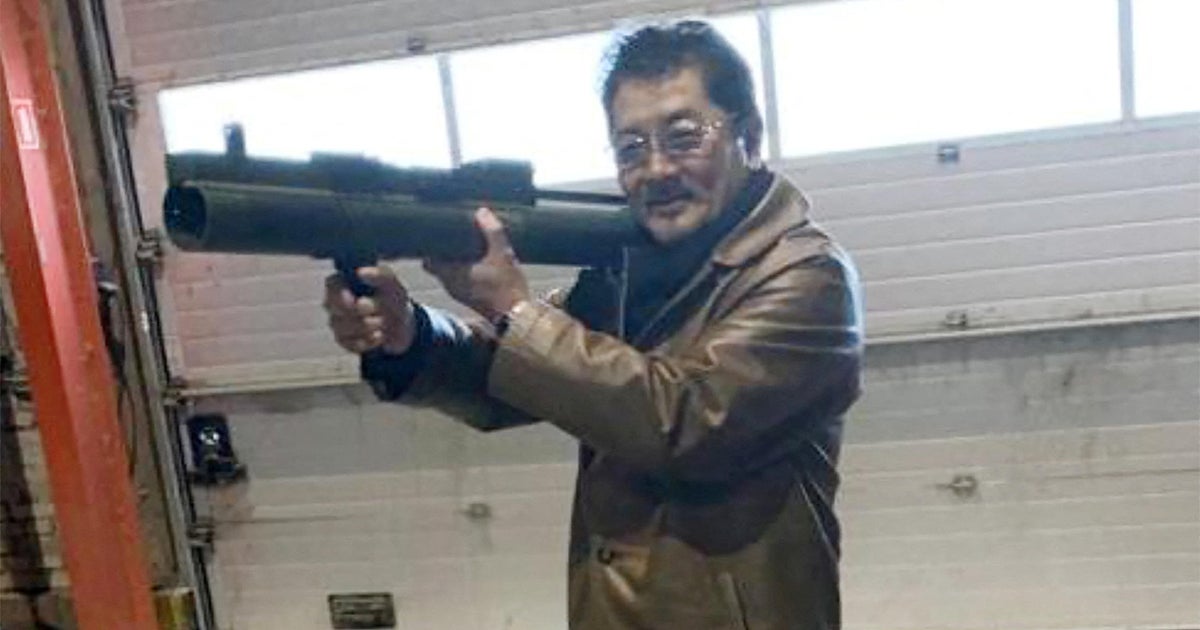
Japanese mafia leader caught in U.S. sting pleads guilty to conspiring to traffic nuclear materials to Iran
CBSN
The purported leader of a Japan-based crime syndicate pleaded guilty Wednesday to charges alleging that he conspired to traffic uranium and plutonium from Myanmar in the belief that Iran would use it for nuclear weapons.
Takeshi Ebisawa, 60, of Japan, entered the plea in Manhattan federal court to weapons and narcotics trafficking charges that carry a mandatory minimum of 10 years in prison and the possibility of life behind bars. Sentencing was set for April 9.
Prosecutors say Ebisawa didn't know he was communicating in 2021 and 2022 with a confidential source for the Drug Enforcement Administration along with the source's associate, who posed as an Iranian general. Ebisawa was arrested in April 2022 in Manhattan during a DEA sting.

An Immigration and Customs Enforcement officer provided new details about the Trump administration's deportation flights of alleged gang members, but continued to argue the government had a right to reject a judge's order directing the planes to return to the U.S., even if they were already in the air.












